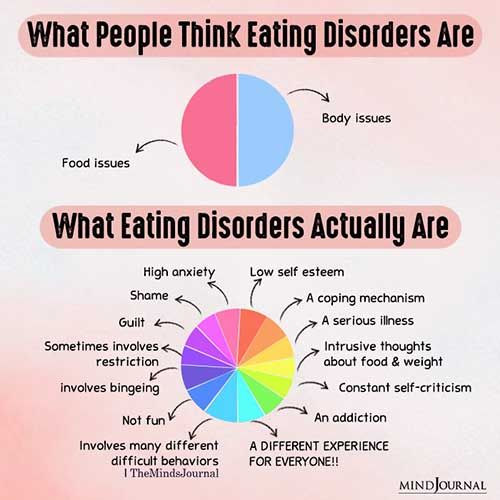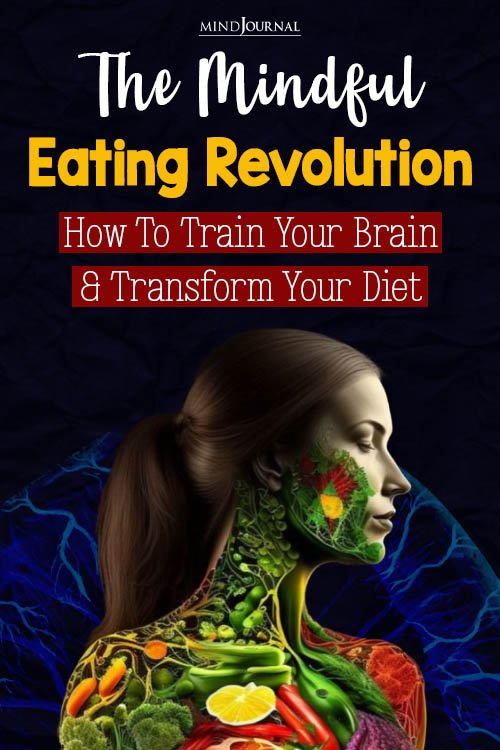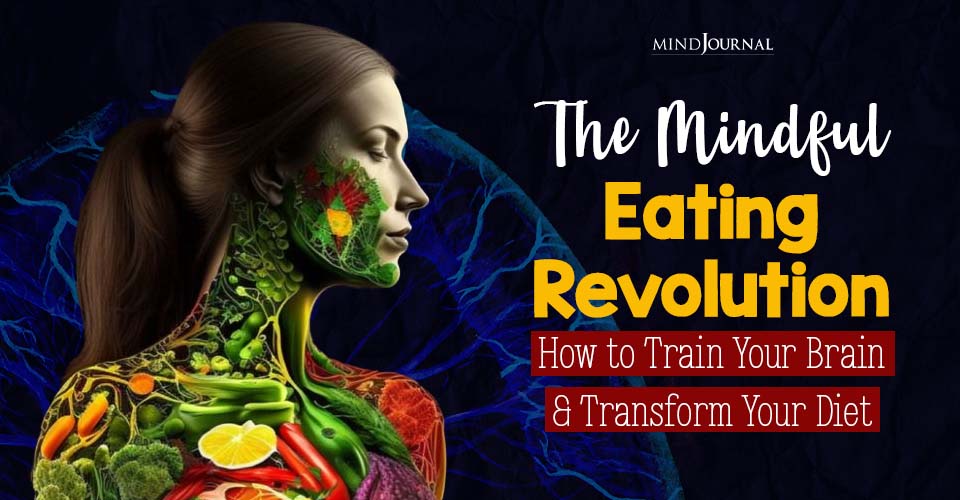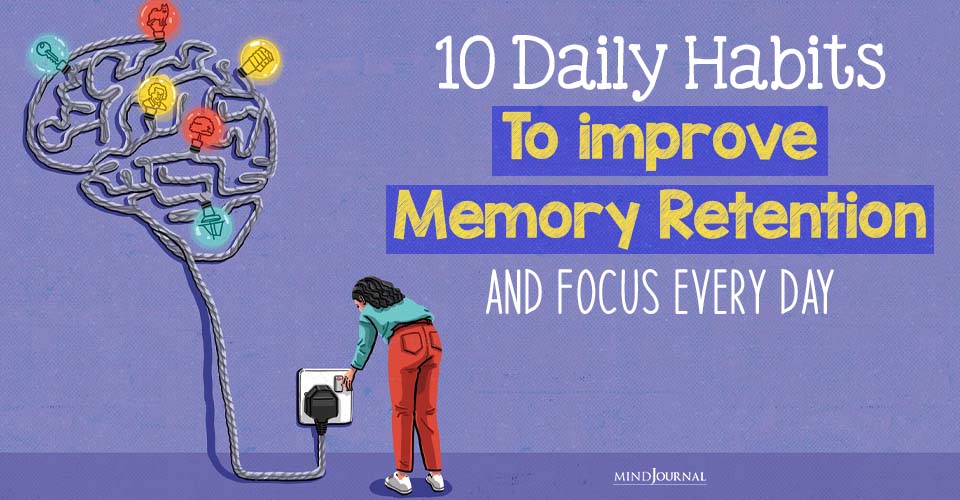Are you ready to ditch mindless munching and take control of your eating habits? Mindful eating is more than a trend—it’s a brain hack that can transform how you relate to food.
By tuning in, you’ll not only savor every bite but also rewire your brain for lasting, healthy habits. Let’s explore what mindful eating is all about and the role neuroplasticity plays in this.
Related: How To Practice Mindful Eating Like A Pro: 10 Habits For Healthier Living
Are you tired of yo-yo dieting?
“Neural plasticity not only allows us to learn and adapt, but also to heal.” —Lieutenant Commander Geordi La Forge from Star Trek: The Next Generation
Wrestling with cravings, conflicted about what to eat, feeling like you’ll never be able to break free from the cycle of on-and-off dieting or establish positive eating habits for life?
You are not alone—so many of us have been there. But did you know that research shows that making lifestyle changes based on an understanding of your own neuroplasticity can lead to lasting transformation in your eating habits?
What is neuroplasticity?
Also known as neural adaptation or neural plasticity, neuroplasticity refers to the brain’s ability to change and adapt in response to new experiences and stimuli.
This means that our brain is capable of “rewiring” itself—adapting to new situations, forming new connections, and constantly reorganizing itself—throughout our lives, based on our experiences, behaviors, relationships, thoughts, and emotions.
This remarkable ability is the foundation for learning, memory, and recovery from injuries.

How can a rewired brain benefit your efforts to stop dieting?
Well, when we make the decision to give up restrictive diets, our brains are given the opportunity to create new neural pathways that are more flexible and sustainable.
Instead of constantly focusing on food and the fear of gaining weight, we can retrain our brains to prioritize self-care and nourishment.
In this way, neuroplasticity is a powerful tool that can play a crucial role in breaking free from the dieting cycle and developing healthy behaviors for life.
By taking small steps that prioritize your physical and mental health, you can create lasting habits that support your overall well-being.
How can mindful eating change your brain’s default pathways?
“Mindful eating is the practice of savoring, enjoying and being aware of what you eat. It allows us to take back control over our eating habits, make healthier choices and nourish our bodies.” —Marie-Pierre St-Onge, PhD
Through the process of neuroplasticity, and by consciously practicing mindfulness during meals, we can actually rewire our brains to make healthier food choices, improve our relationship with food, create portions based on appetite, and even reduce symptoms of anxiety and depression.
Related: 5 Effective Ways To Train Your Brain To STOP Overeating
We can get away from weight obsession, manage stress, or simply live a healthier lifestyle by incorporating mindful eating habits into our daily routine, resulting in a profound impact on our whole-body health.
Whether you do this by slowing down and savoring each bite, tuning into our body’s hunger and fullness cues, or simply being more present at mealtime, the power of mindful eating combined with neural plasticity can help you create positive habits that stick.
So why not start making small but meaningful changes today? Your brain—and your body—will thank you for it.
How can you use the brain-body connection to make lasting, positive change?
The brain-body connection is a powerful tool in motivating ourselves to eat enough and include variety in our diets.
Here are ways we can make healthy, long-term change by harnessing the power of neuroplasticity:
- Focusing on the sensations of hunger and fullness allows us to tune into messages about the needs of our bodies and establish a deeper understanding of when and what we should be eating.
- Incorporating mindfulness practices such as deep breathing or meditation can help to reduce stress and alleviate emotional eating triggers.
- Experimenting with new recipes and trying out different cuisines can add excitement and variety to our meals, making healthy eating more enjoyable and sustainable.
- Staying focused on being present leads to consistency, which is critical when establishing new neural pathways.
- Setting achievable goals sets you up for success.
- Getting plenty of rest means that you will have more energy, focus, and motivation to stay the course with your new eating regimen. Not only that, your appetite hormones are better regulated with adequate sleep which gives you access to accurate hunger and fullness messages.
- Engaging in regular physical exercise can help your brain adapt and thrive.
Start with small goals, stay determined, and never give up on the incredible potential of your brain.
How can your brain adapt to positive food-related changes for good?
“Mindful eating is about being aware of the positive and nurturing opportunities that are available through food selection and preparation, and by respecting our own inner wisdom.” —Dr. Lilian Cheung
Can you take a step toward changing your habits today? Absolutely! Taking small steps toward long-term food goals will be much easier if you have clarity about your values, personal needs, and preferences.
Not only will using neuroplasticity help to make lasting changes in your eating, but it could have other beneficial effects too.
Related: 8 Questions To Ask Before Going On A Diet
Every day your brain is changing and adapting whether you know it or not, now that you understand your power, what will you do? How will you leverage neuroplasticity to lead you closer to achieving your healthiest self?
Written By Gia Marson
Originally Appeared On Dr. Gia Marson










Leave a Reply